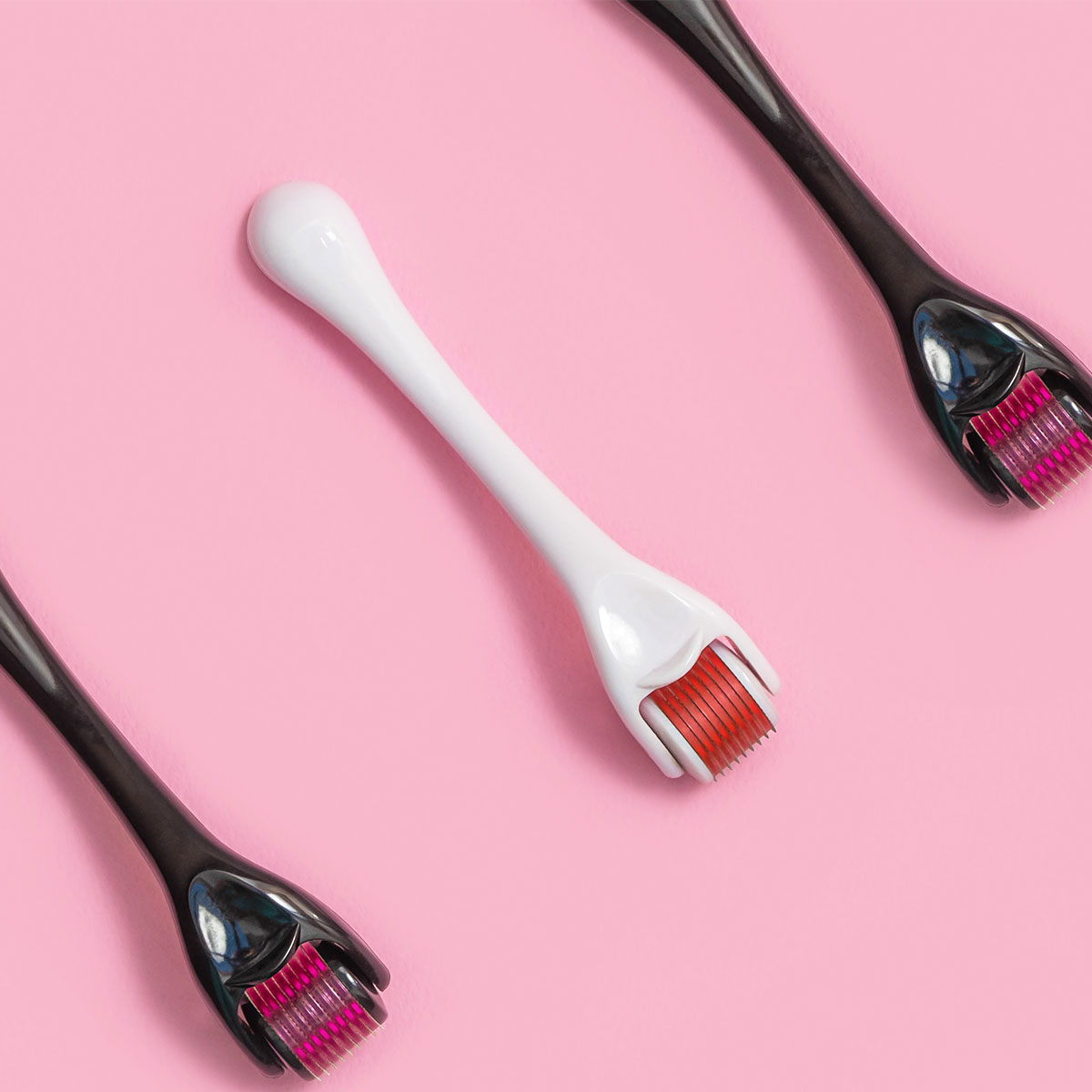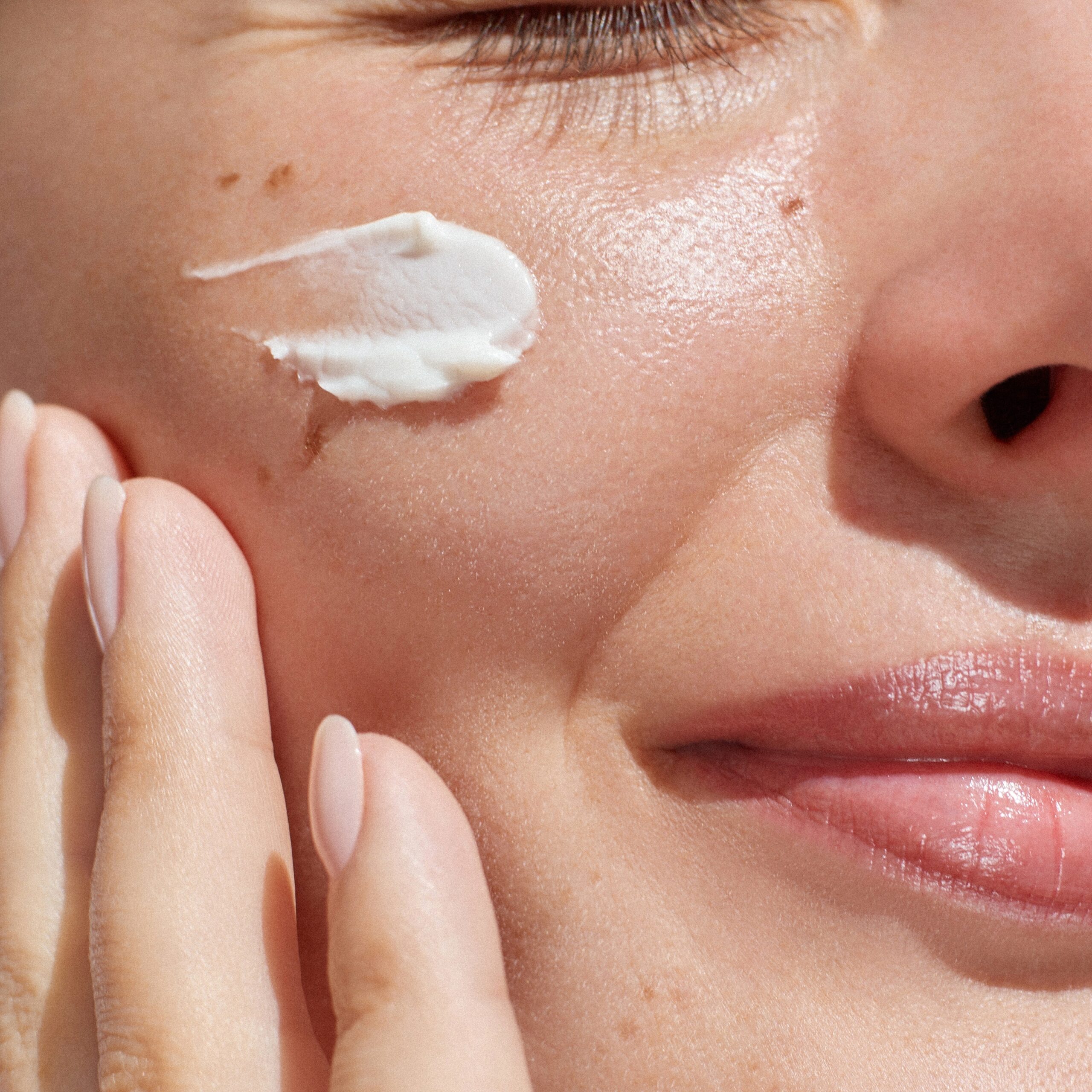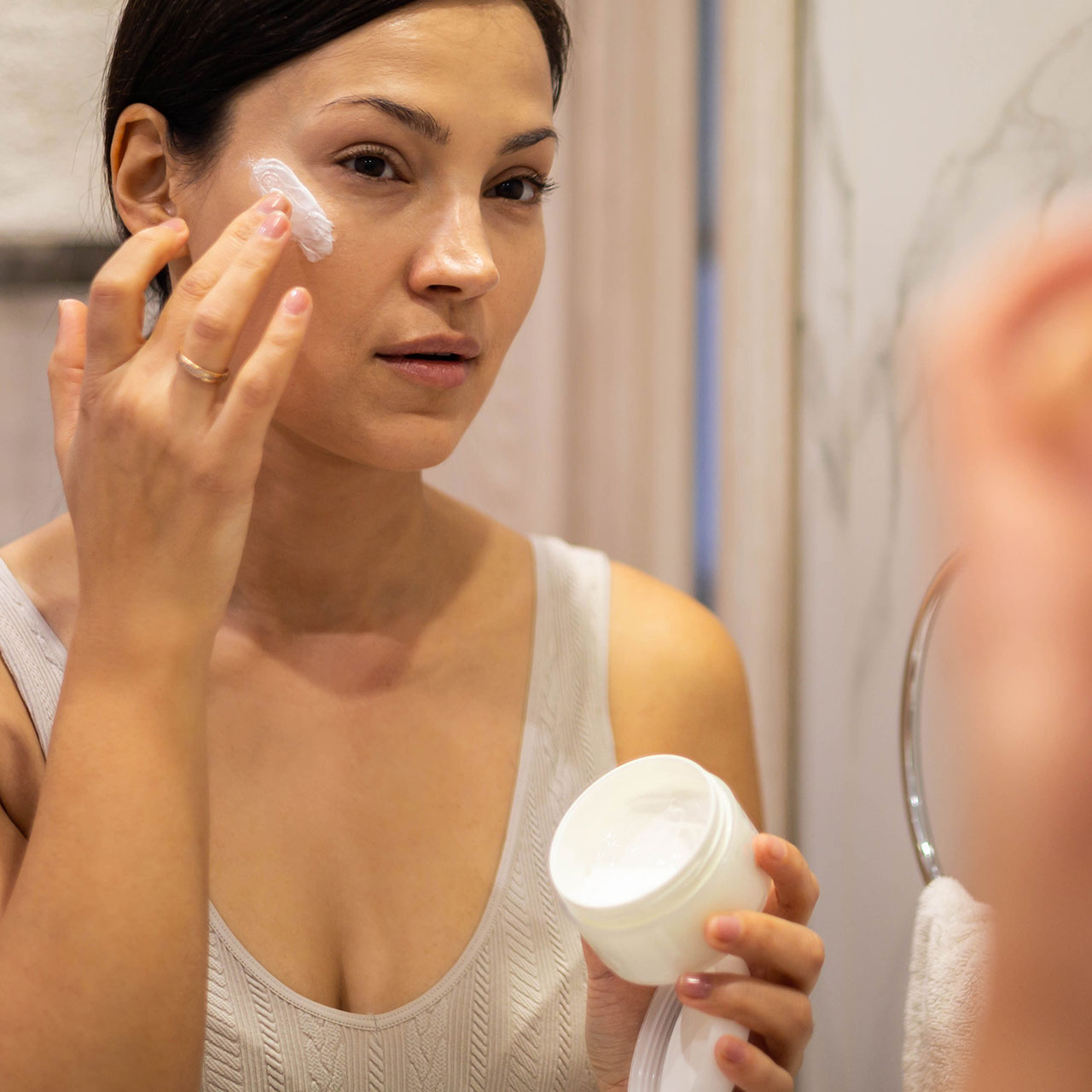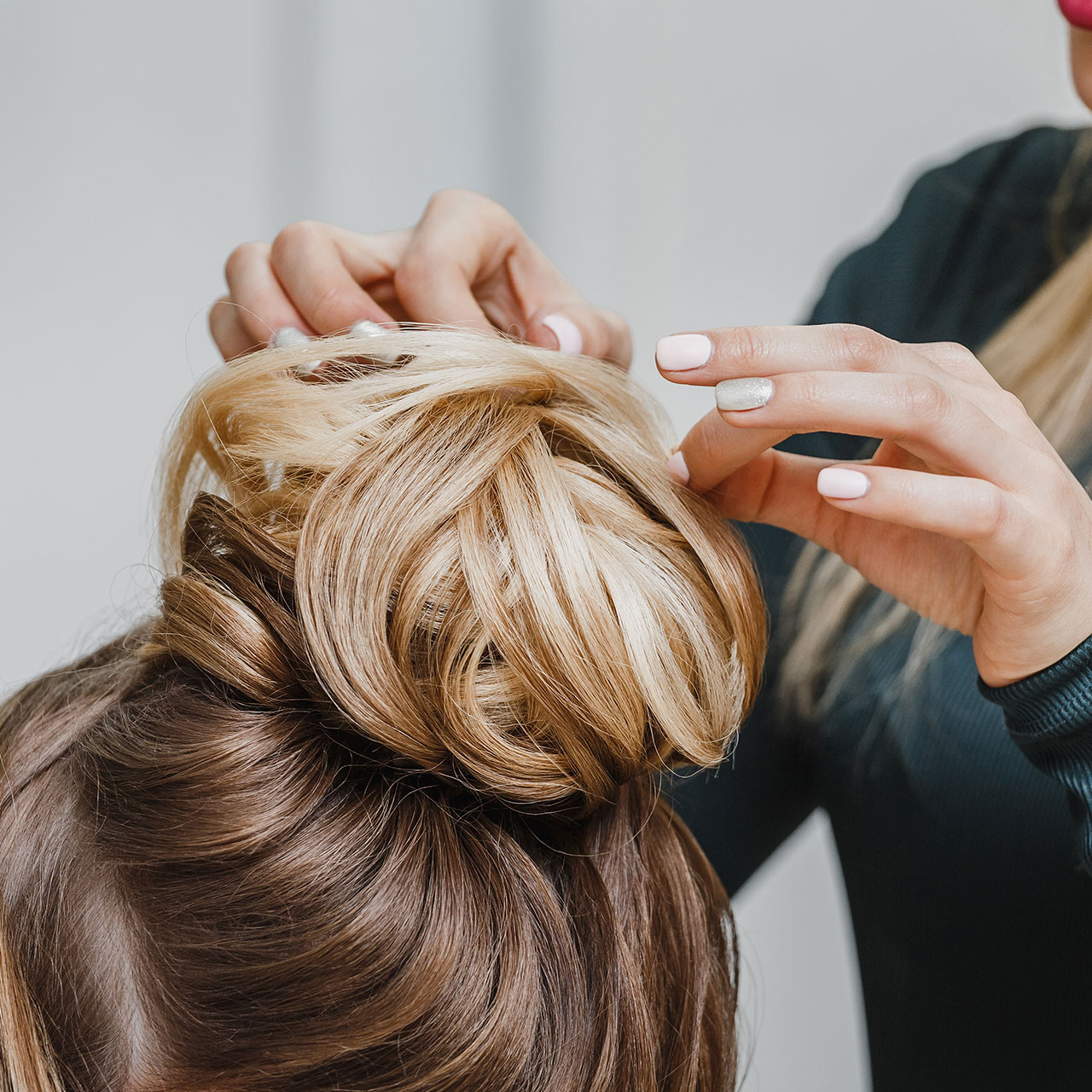If you haven’t noticed it yet, we are smack in the middle of a microneedling revolution. Whether you’re well aware of the microneedling trend and have had your trusty at-home micro needle device for years now, or you’re curious and wondering if the treatment can really and truly work (tiny needles plus skin doesn’t automatically compute to big benefits in the mind of your average non-dermatologist), we have answers for you. We spoke with dermatologists about whether microneedling is truly effective for anti-aging — as well as its limitations and who is considered a good candidate for an in-office microneedling procedure. Here’s what you need to know to make a more informed decision for your skin.
What is microneedling and how does it affect the skin?
Let’s begin with basics. Microneedling works by creating controlled micro-injuries to the skin, which triggers the body’s natural healing response, says Dr. Dusan Sajic, MD PhD FRCPC FAAD ABAARM, a dual board certified dermatologist and anti aging medicine physician at DéRMA Skin Institute Institute. “This, in turn, leads to increased collagen and elastin production, improved skin texture and tone, and a reduction in fine lines and wrinkles,” Dr. Sajic adds.” It also works well for scarring. Typically 3-6 sessions are needed, depending on the severity and desired outcomes.”
In addition to treating acne scars, large pores, and fine lines, microneedling can create a more radiant appearance from plumping the skin with very superficial swelling, says Dr. Kimberly Lee, a celebrity facial plastic surgeon and founder of Beverly Hills Facial Plastic Surgery Center.
Who is a good candidate for microneedling?
The beauty of microneedling is that it is safe for all skin types, Dr. Lee says. “This means patients of all skin colors can get it done safely, unlike some procedures that use heat or lasers.”
Additionally, recent technological advancements have introduced Sylfirm X, a machine that targets pigmentation, redness, erythema, and active acne during microneedling treatment, Dr. Sajic says.


Who is NOT a good candidate for microneedling?
Even though it’s considered a safe procedure for most skin types, there are almost always exceptions so it’s important to meet with your doctor for a consultation and discuss your skin as well as any other health issues you may have. “Microneedling is not recommended for those with hypersensitivity to heat or skin infections, as it can exacerbate these conditions,” Dr. Sajic says. “It is also not recommended for those with bleeding disorders or who are taking blood-thinning medications. Furthermore, there are no studies in patients in their mid 70s, though there are a few case reports of benefits in patients in their early 70s.”
What are the benefits you've seen of microneedling?
Both Drs. Sajic and Lee say their believe microneedling can really and truly provide anti-aging benefits — but here’s the catch: you need to be aware of WHICH benefits it provides and where it is limited.
“Microneedling can help improve skin appearance, tone, and texture,” Dr. Lee explains. “Microneedling can help break up superficial scar tissue to improve scars, wrinkles, and other skin texture concerns. I do our microneedling differently in that we either combine it with PRP or a collagen stimulating agent. These adjuvant treatments contain peptides and growth factors that maximize results.”
In other words: you can expect microneedling to be most helpful in improving skin texture (not necessarily laxity issues like sagging). But the number of sessions needed and how your skin will respond to each session depends very much on the individual receiving the treatment.

What are its limitations/what would best be served by a different procedure or treatment?
Microneedling is a viable treatment for a range of skin concerns; however, it may not be suitable for all individuals, Dr. Sajic reiterates. “Those with severe scarring or deep wrinkles may find greater benefits from more invasive treatments like laser resurfacing, subcision, punch excision, TCA cross, or dermal fillers, to name a few,” Dr. Sajic says. “Various studies suggest that combining treatments may be more effective than a single treatment alone. Thus, it is essential to discuss a customized plan with your dermatologist based on your expectations, needs, and budget. It is also crucial to manage expectations, as no procedure can replace a facelift, and while acne scars can be improved, complete resolution with current technology is not yet possible.”
Is microneedling as effective as a laser treatment for addressing skin texture?
Choosing the right treatment option depends on the specific goal, Dr. Sajic stresses. “For acne scarring, radiofrequency is increasingly considered the gold standard for its excellent efficacy and minimal downtime. Although ablative lasers like CO2 may produce slightly better results, they pose more risks and entail longer recovery times. In terms of addressing deep wrinkles and tightening, laser treatments tend to be more effective than microneedling, particularly for severe scarring. However, combining both treatments can lead to even better results, as lasers are better at stimulating collagen production, while radiofrequency excels in producing elastin.”
Microneedling risks
Microneedling is generally considered safe, but Dr. Sajic says there is still a slight risk of infection, scarring, and post-inflammatory pigmentation. “However, in case of these complications, radiofrequency needling is often among the best options for correcting them, although it may require lower doses and more sessions,” Dr. Sajic says. “It is crucial to seek a qualified and experienced provider to reduce these risks and obtain the best possible results.”
What about at-home derma rollers?
Finally, what’s the bottom line when it comes to at-home derma rollers? While they can be effective at helping your serums and moisturizers penetrate your skin, unfortunately, they aren’t a replacement for in-office treatments. If you have skin concerns that you want to address, you’re much better off making an appointment with a board-certified dermatologist and coming up with the right plan and care for your skin.


























